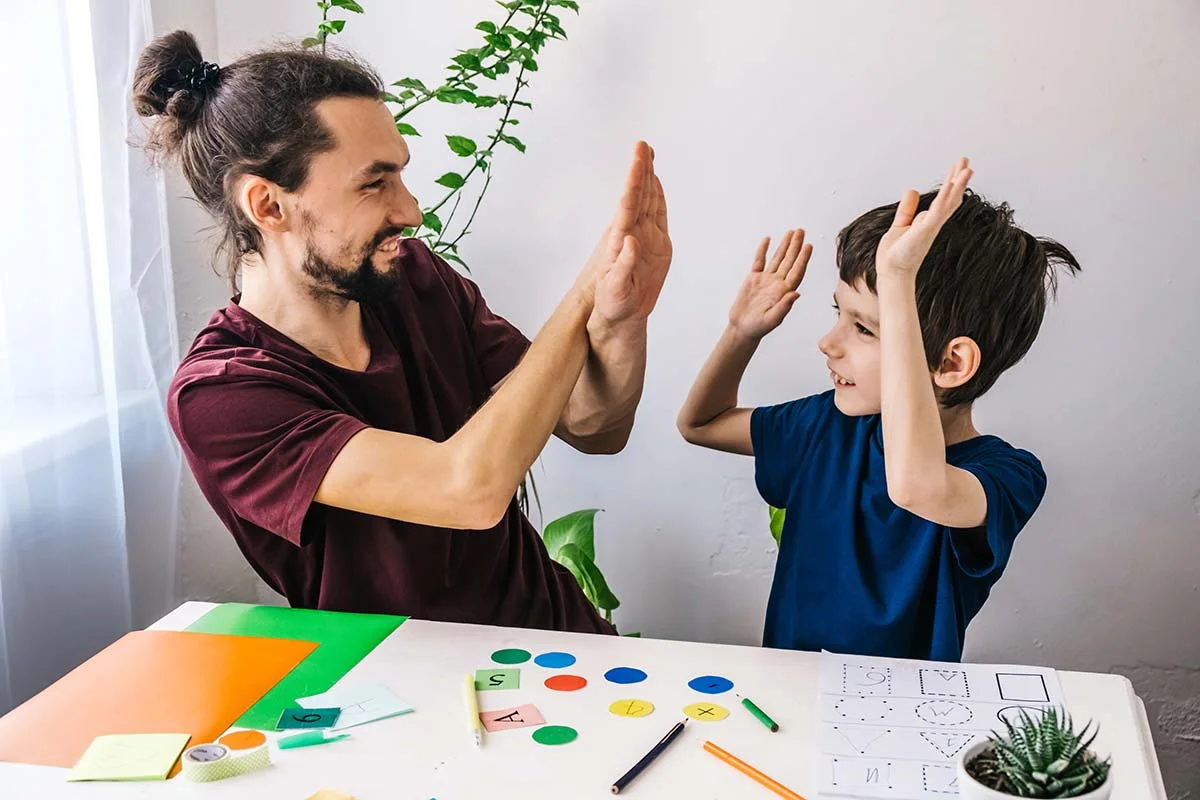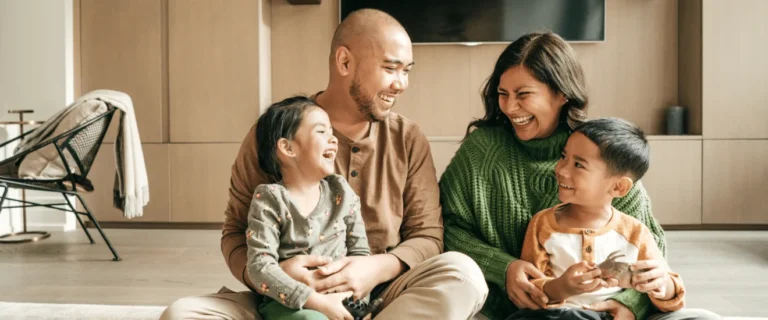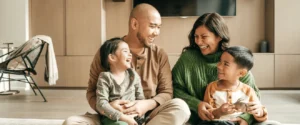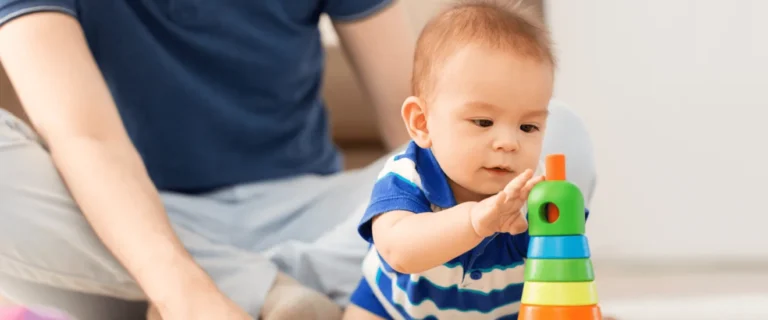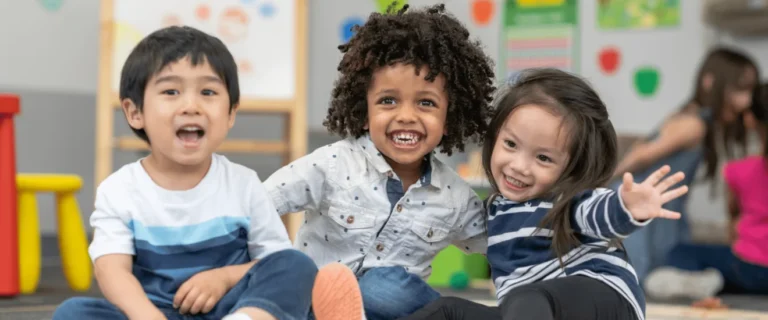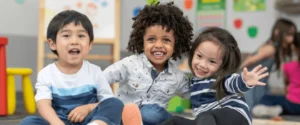Applied behavior analysis (ABA) therapy is a common intervention for children diagnosed with autism. ABA is evidence-based and has proven extremely effective when applied to therapeutic models. Not every ABA-based therapy will work with every person, so it is important to find clinicians who will create an individualized plan based on your child’s needs, strengths, and gaps.
To learn about ABA therapy for your child and Opya’s approach, reach out to us by calling (650) 931-6300. We are here to answer your questions about early intervention ABA therapy for young children diagnosed with autism spectrum disorder (ASD).
The goal of any therapy for children living with autism is to improve their lives meaningfully—not according to an external set of expectations but as defined by their individual goals, well-being, and personal needs and requirements.
Science, specifically the scientific understanding of learning and behavior, is the foundation of applied behavior analysis therapy. ABA therapy is used to support children and adults diagnosed with ASD and focuses on two core goals: stopping dangerous behaviors and teaching important and necessary life skills. Such skills include, but are not limited to:
- Social skills
- Self-care
- Hygiene
- Communication and language development
- Play
- Motor skills
In most cases, your child will not receive just one form of therapy; however, ABA therapy is often the core pillar of a treatment plan.
How Does ABA Therapy Work?
ABA is multi-faceted and flexible. It can address the specific needs of an individual and can also take place in a group setting or one-on-one. It is primarily based on two important concepts: positive reinforcement and antecedent/behavior/consequence.
Positive Reinforcement
Positive reinforcement encourages lasting behavioral changes based on the concept that the desired behavior will be repeated if it is rewarded. This process involves identifying target behaviors ahead of time and subsequently providing rewards for those behaviors that have meaning to the child. Rewards can be praise, story time, outdoor time, or access to a favorite toy, among others.
